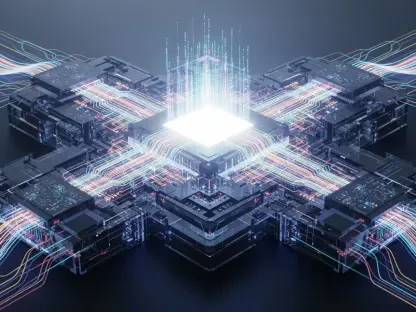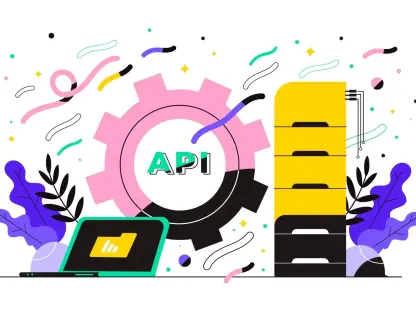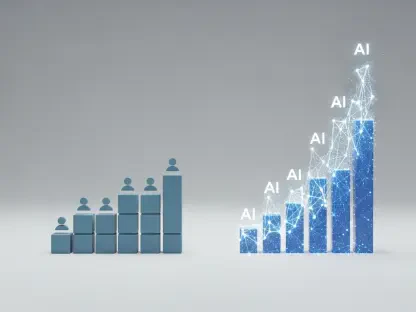In an era where technology continuously reshapes the boundaries of human interaction, a remarkable development has emerged from Quora’s innovative AI platform, Poe, capturing the attention of tech enthusiasts and professionals alike with its groundbreaking features. This platform has unveiled a group chat feature that supports up to 200 participants engaging simultaneously with over 200 AI models, spanning text, image, video, and audio generation. Such a leap forward transforms the solitary nature of AI conversations into vibrant, communal spaces where ideas can flourish. Unlike traditional one-on-one chatbot exchanges, this update fosters a collaborative environment that mirrors real-world group dynamics, positioning Poe as a trailblazer in the AI landscape. The implications of this advancement extend far beyond mere conversation, hinting at a future where technology seamlessly integrates into social and professional spheres, enhancing how groups connect and create together. This pivotal shift raises intriguing questions about the potential of AI to redefine teamwork and community engagement.
Exploring the Impact of AI-Driven Group Interactions
The introduction of group chat functionality on Poe marks a significant trend toward AI-mediated collaboration, opening up a vast, previously underexplored space for interaction. Imagine families coordinating travel plans with real-time input from AI tools like Gemini 2.5 for search capabilities, or creative teams brainstorming visual concepts using image models to craft mood boards. Even recreational uses, such as trivia games powered by quiz bots, highlight the versatility of this feature. Supporting cutting-edge AI systems like Claude 4.5 Sonnet and GPT-5.1, the platform ensures access to top-tier technology for diverse tasks. Beyond functionality, the seamless synchronization of chat history across devices enhances accessibility, allowing users to transition effortlessly between desktop and mobile. Moreover, the ability to create and share custom bots within these group settings fosters a community-driven approach, encouraging innovation and personalization. This development not only boosts user engagement but also sets a precedent for integrating social elements into AI platforms, fundamentally altering how technology supports collective efforts.
Looking back, the rollout of this group chat feature on Poe demonstrated a bold step toward reimagining collaborative dynamics through artificial intelligence. The diverse applications, from professional brainstorming to personal planning, showcased the platform’s adaptability to various user needs. Quora’s commitment to refining this tool based on real-world feedback underscored a dedication to continuous improvement. As a result, the feature paved the way for future innovations in communal AI interactions. Moving forward, stakeholders and users alike should consider how such tools can be leveraged to address complex challenges, from enhancing remote teamwork to building stronger community ties. Exploring integrations with emerging technologies and expanding the range of supported AI models could further amplify impact. This moment in tech history serves as a reminder that embracing collaborative AI solutions holds the key to unlocking new possibilities in how groups connect, create, and solve problems together.








